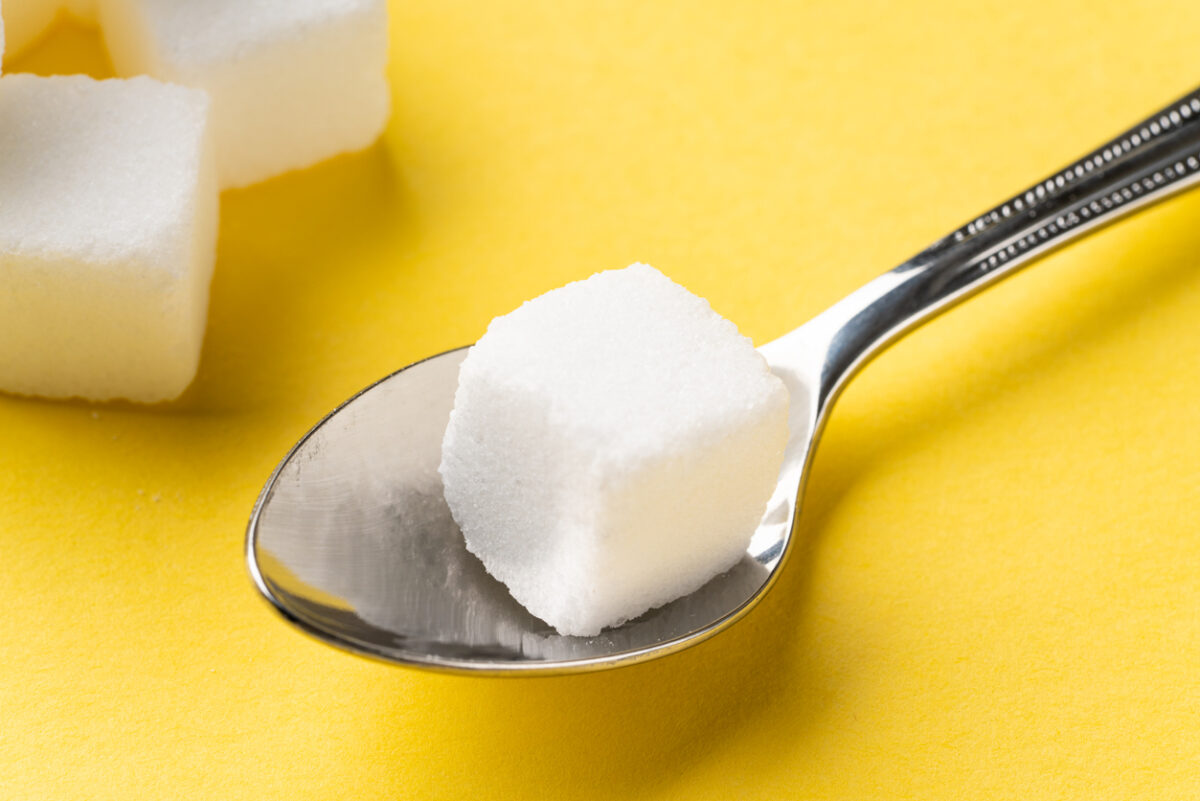Japanese scientists debut electrified spoon and bowl which adds salty flavour to food

Those looking to reduce their salt intake may soon be able to do so without compromising on flavour, thanks to a new invention from Japanese scientists.
Researchers at Meiji University’s Miyashita Laboratory have worked alongside food and drink manufacturer Kirin Holdings to develop the ‘Electric Salt’ spoon and bowl, a set of devices which the company says uses an electric current to mimic the taste of salt in the mouth.
The Electric Salt spoon works by transmitting sodium ions from the food, through the spoon and then to the mouth, where it creates the salty flavour. The bowl works in a similar fashion, when used to eat miso soup, for example. The technology used is a continuation of the work unveiled by the partnership earlier this year.
It is hoped the invention can be of use to people looking to follow a low-sodium diet. Such a lifestyle is becoming more popular in Japan, where the average adult consumes around 10g of salt a day – double the amount recommended by the World Health Organisation.
The impacts of a diet high in salt are well documented. Excess sodium intake is linked to higher blood pressure, which in turn can lead to heart disease and stroke.
“To prevent these diseases, we need to reduce the amount of salt we take,” said Kirin researcher Ai Sato when the company unveiled its technology back in April. “If we try to avoid taking less salt in a conventional way, we would need to endure the pain of cutting our favourite food from our diet, or endure eating bland food.”
Traditionally salty-tasting foods like miso soup and ramen noodles are revered in Japan. They also rank top as foods which those trying to follow a low-sodium diet avoid, according to Kirin.
With the prototypes now finalised, Kirin will embark on a testing phase. In partnership with low-sodium food producer Noruto and food-focused publisher The Orangepage, Kirin will ask subjects to eat low-sodium foods with the devices and report back on the flavour and how satisfied they are.
It is hoped that, following a successful testing phase, Kirin can bring the Electric Salt set to market by the end of 2023.
There are still several elements which the company aims to improve in the meantime – including fitting the devices with rechargeable, dishwasher safe batteries in place of the disposable ones the prototypes currently run on.









